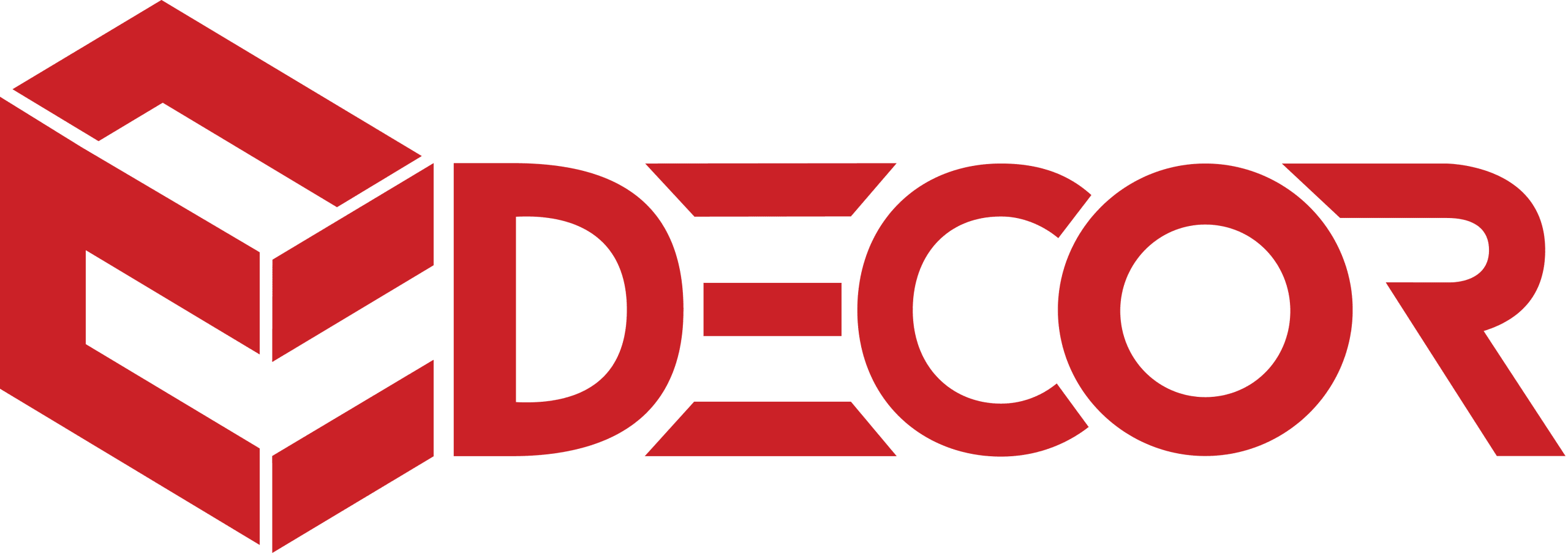Illegal online gambling in India is on the rise, with an approximated 5.8 billion sees to the leading 15 systems and their mirror websites between April 2025 and March 2025, as operators capitalize on spaces in legislation and cleverly avoid the guidelines which remain in area.
According to an analysis by CUTS International, the billions in sees are just those which can be tracked and are linked to the top 15 unlawful betting systems and 40 of their mirror sites. These consist of 1xBet, Parimatch, Risk, Fairplay and BaterBet.
One surprising statistic is that web traffic share for Parimatch ‘also outranked widely made use of systems such as amazon.in, Wikipedia.org, google.co.in, x.com linkedin.com, quora.com, and reddit.com’.
In a ranking of one of the most preferred domains in India, from March 2025, pari-matchin. com placed 8th – behind Google (17.29 percent), Youtube (5.65 percent), Instagram (1.84 percent), WhatsApp (1.41 percent), Facebook (1.35 percent), XHamster43.desi (1.31 percent) and ChatGPT (1.08 percent) – with a website traffic share of 1.06 percent.Read about 1xbet pc At website
The searchings for described in ‘Dealing with the Odds: A Policy Blueprint for Curbing Illegal Online Betting in India’ emphasize not only the market scale, however additionally exactly how users are driven to illegal gaming platforms in India, just how they get users, payment systems that facilitate them and the governing spaces and obstacles that exist.
Obtaining users
Straight website traffic has actually verified to be the largest resource of customer interaction for unlawful on-line gambling in India, with some 3.57 billion gos to (or 66 percent of overall traffic) signed up during the April 2025-March 2025 period. This consists of individuals manually going into URLs, making use of book markings or copying web links from personal channels.
The success of this is based on ‘an illusion of reliability’, ‘unsolicited marketing methods’, ‘private channel’ distribution (such as through WhatsApp or Telegram), mass media advertising (including television and signboard adverts), celeb endorsements and word-of mouth referrals.
Look web traffic generated some 652.2 million brows through, with Google having 97 percent market share in this respect. This causes worries over the fact that illegal betting systems ‘are effectively indexed and ranked high in search results page, helped by aggressive SEO techniques and weak enforcement by internet search engine’.
Recommendation traffic, at the same time, brought in some 810.43 million gos to – consisting of affiliates, web links, straight media acquiring or information protection web traffic. 1xBet was attended have the biggest reliance of the 15 drivers, obtaining 22.37 percent of its traffic from the network.
Social media site added 177.61 million visits, ‘although the real quantity could be considerably greater because of untracked in-app mobile redirection’. Systems like YouTube, Reddit, Instagram and Facebook, X and WhatsApp were highlighted. Yet enforcement of this is stumped as ‘the social media sites network shows a mix of peer-driven exploration and algorithmic promo and amplification, positioning a complicated enforcement obstacle’.
Altogether, unlawful gaming platforms ‘cultivate straight partnerships with users, optimize their online search engine existence, release various mirror sites to remain reachable, and leverage affiliates and social networks to maintain new customers coming Just obstructing one URL or ad network has restricted effect when drivers can change domains and use a ready target market that proactively seeks them out’.
Various other methods, such as surrogate advertising and marketing – making use of spin-off entities that ‘resemble the branding, logos and names of preferred prohibited gaming systems’, making use of brand ambassadors and physical advertising and marketing – signboards and advertisements, are also showing very effective within bent on an audience that authorities would really hope is not encouraged to bet illegally.
Limitations
One of the key reasons for users choosing to gamble on illegal betting platforms in India is the high tax on deposits – 28 percent – which ‘considerably minimize the worth customers receive’, creating user to ‘choose prohibited platforms to stay clear of such expenses and reroute the financial savings into financially rewarding economic rewards, thus enhancing their charm’.
This is combined with the ‘immersive and risky experiences’ that unlawful systems provide.
The record shows that ‘systems such as Risk and 1xBet integrate mental layout techniques – such as variable reward systems, ‘near-miss results’, and gamified alerts – that additional exploit cognitive predispositions and advertise uncontrollable interaction’.
This is amplified by ‘higher-risk wagering’ promoted by these platforms, ‘which enhances exhilaration and excitement’.
This boosts the risk of ‘raised levels of anxiety, depression, and emotional instability’, especially in the absence of consumer protection devices and harm-reduction devices.
Repayments
One way that regulatory authorities can go after these unlawful platforms is by targeting payment systems.
The record determines the United Repayments User Interface (UPI) system as the ‘primary channel for handling deposits on illegal gaming systems. In October of 2025, the nation’s Ministry of Home Matters released a consultatory warning regarding ‘unlawful digital settlement entrances’, which the record notes are ‘relying upon mule or rented out accounts’ and are ‘used as a solution for gathering down payments on unlawful platforms, consisting of betting and fake investment rip-offs’. Mule accounts ‘are commonly sourced with platforms like Telegram and Facebook and are from another location managed from overseas’.
‘There is no sign that these procedures have actually declined. On the contrary the large volume of monetary task recommends that current enforcement efforts versus these syndicates have been mainly ineffective’.
Digital budgets – such as Astropay, Neteller and Skrill, and cryptocurrencies – Bitcoin, Tether, Ethereum and so on, have likewise confirmed very effective to prevent policies and also ‘bypass the Indian economic system totally’.
Present structure
‘The existing Indian regulatory framework on betting, wagering and games of skill is identified by a disjointed yet gradually developing regulative landscape that reflects the country’s early american lawful heritage alongside modern digital imperatives’.
The key lawful tool in position is the Public Betting Act of 1867, ‘a statute that was conceived long before the development of the internet’.
The record highlights 10 other regulations, guidelines or advisories that control betting activities in the country – both online and land-based (with legal online casino gambling limited to Goa and Sikkim, neither of which ‘have approved licensing applications from online gambling establishments’).
Recommendations
The record breaks down possible actions into five bottom lines:
- Strengthening economic oversight: ‘ordering repayment blocking in law relating to prohibited drivers’ and ‘launching dedicated, thorough research study to much better map susceptabilities and educate targeted treatments’
- Improving obstructing measures: using ‘advanced digital enforcement technologies’ such as artificial intelligence and artificial intelligence to ‘determine and pre-emptively obstruct unauthorized on the internet systems’
- Enhancing partnerships with Big Tech: developing ‘institutional partnerships with major technology intermediaries – social media, search engines, and ad networks – to suppress the visibility and promotion of illegal betting’
- Enhancing customer defense: making use of public understanding projects that ‘plainly connect the individual and social damages of unlawful betting
- Leveraging behavior understandings and public recognition: work to ‘recognize the behavioral vehicle drivers and user inspirations that sustain demand’
The report itself does not defame betting itself. Still, it elevates strong worries about a considerable absence of legislation and the sophisticated methods that illegal online drivers can use to target the Indian consumer, prompting quick enhancement to prevent potential injury.




 Round Rugs
Round Rugs  Wool Rugs
Wool Rugs  Vintage Rugs
Vintage Rugs 


 Carpet Tiles
Carpet Tiles  Carpet
Carpet 
 Embossed Rug
Embossed Rug  Plain Rug
Plain Rug 
 2.5'*4'
2.5'*4'  2'*3'
2'*3'  3'*5'
3'*5'  5*7.5
5*7.5 













 Artificial Grass
Artificial Grass  Mats
Mats 
 Soil
Soil  Fertilizer
Fertilizer  Pesticides
Pesticides